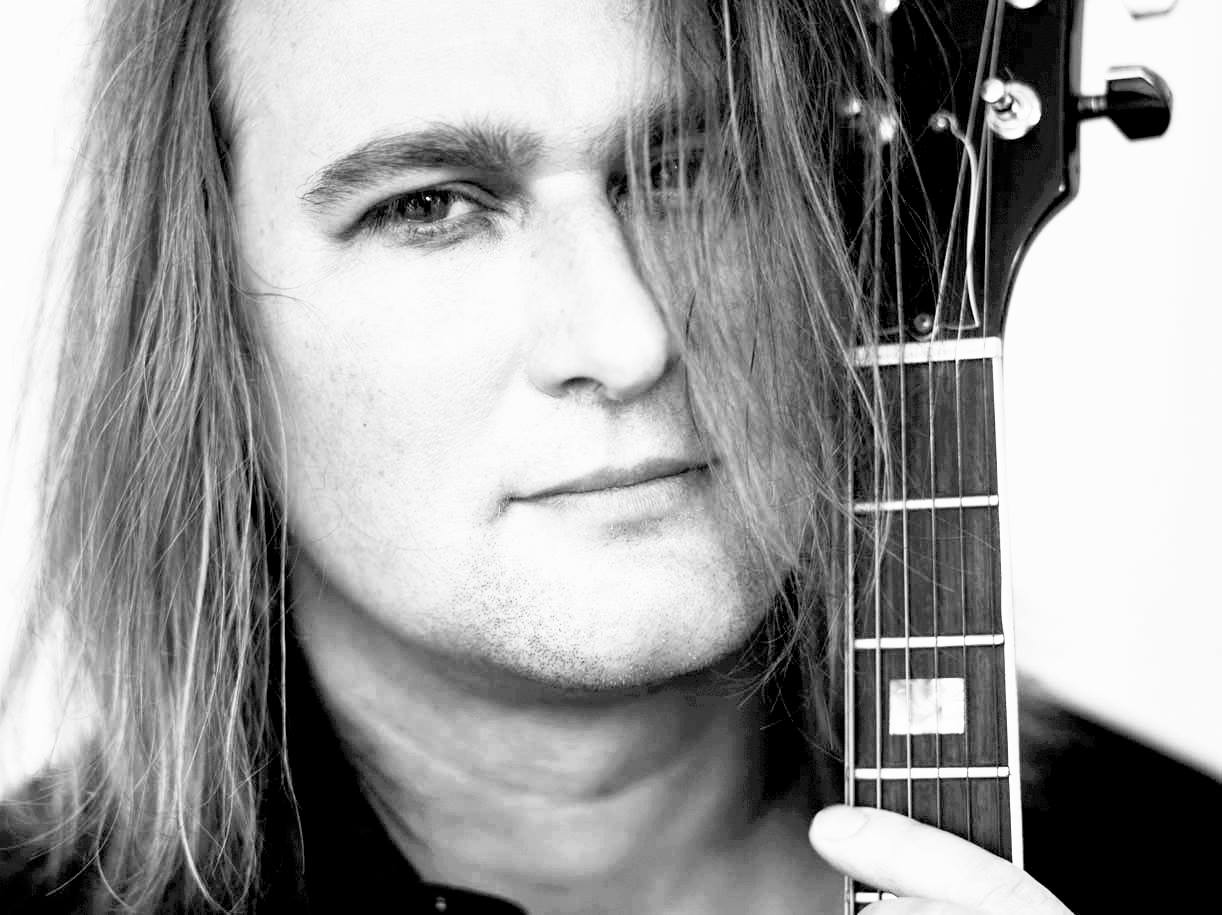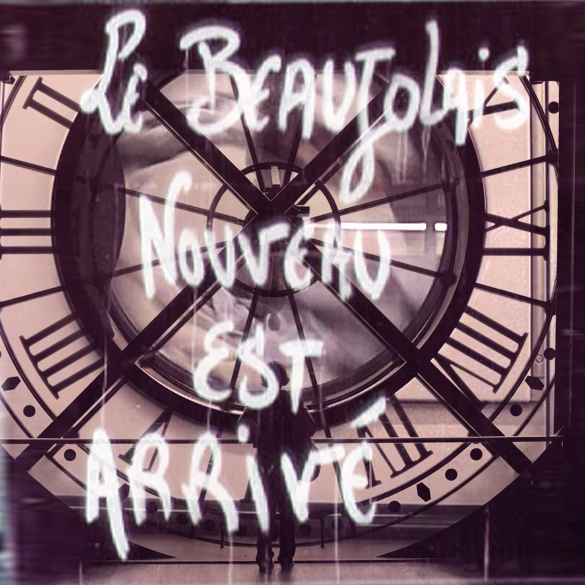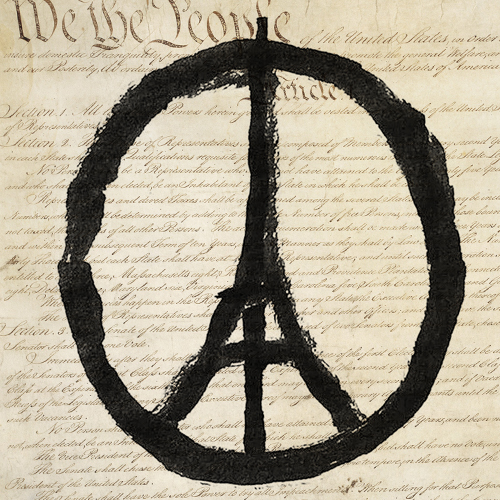Known for their focus on the male perspective, Wong Fu Production’s newest short film, “After Us” takes viewers into the mind of a female protagonist communicating with herself in order to show audiences how to recover from the hurt and pain of a shattered romantic relationship through self-discovery that anyone, male or female, can empathize with and apply to any situation.
Wong Fu Productions is officially comprised of Wesley Chan, Ted Fu, and Philip Wang, three men. As a result, most of their short films are told from a male point-of-view. By including producer Christine Chen in the writing process, Wong Fu was able to tell a more truthful story from a female perspective rather than having three guys create a story from their own experiences and imaginations, which could differ drastically from reality. Written by Wang and Chen, the story does not rely on gender stereotypes and is thus beautifully truthful. By not relying on gender tropes, a human story is created and viewers of all genders can learn from this video and enjoy it.
The choice to tell the story from a female point-of-view only makes the short film better. Personally, “After Us” is my all-time favorite Wong Fu video because the story supports the idea of a strong independent woman, an uncommon idea for some, while reaching a wider audience and giving women a voice, especially Asian American women who have been stereotyped as being submissive by white Americans. As a result, “After Us” also makes great leaps for Asian American women, who are not as well known as Asian American men in the Youtube industry.
The soundtrack is also uniquely female, giving additional voices to the film, while also providing a venue for Asian/Asian American female musicians to showcase their work. The thoughts of April Nhem and Daphnee Khoo synchronize delightfully with Carly, the main protagonist, and her thoughts in order to emphasize the message in all four steps of recovery. The mood and lyrics of the songs say things that Carly was not able to say, and they make the theme of the film more universal: if multiple people are able to have the same types of feelings in many different types of mediums, then they must be real.
Actress Victoria Park, who will also be in the upcoming untitled full-length Wong Fu Productions movie, wonderfully plays Carly. Audiences can relate to her because her feelings throughout the short film are well acted and thus believable. She is the only character in the short film with a legitimate name, emphasizing the theme of the self in the video.
The other character in the movie with a name is “StupidHead,” the ex-boyfriend. The offensive nickname denotes the character’s irrelevance to the story and eventually for Carly. He has no meaning or purpose when it comes to self-discovery for the protagonist. Kevin Wu, more commonly known as KevJumba, plays “StupidHead.” Recognized as a comedian, “After Us” was one of Wu’s first dramatic roles, and he does a good job of playing the part. Audiences know Wu because of his video blogs, and some don’t like what he has said nor his prior stints as a speaking character, so his performance in “After Us,” where he has next to no lines, is refreshing and actually better than his previous speaking roles. “StupidHead” is only a part of the chronological storyline for the first 20 seconds of the film. When he leaves, the story shifts to Carly and her representations of him: giving her total control of the storyline and putting the focus on her and her self-improvement. Appearing in her memories and imaginations, he represents relapses and roadblocks on her path to recovery.
The film doesn’t focus on why the two broke up, and neither character is given blame for the breakup, thus further focusing on the self. In the video, Carly’s road to recovery is divided into four steps: “reminiscing and retracting, release, rebuilding, and renewed.” Wong Fu nails it on the head with the feelings one has after a personal failure, starting off with “reminiscing & retracting.”
Immediately after the breakup, Carly starts to cry. “You’re here now, there’s no avoiding it,” her thoughts tell her. All she wants to do is lie in bed all day. She misses him. She induces more sadness by watching sappy rom-coms. She does all the things we do whenever we face failure or rejection, and we hate ourselves for doing so because we were supposed to be stronger than that. In fact, Carly’s thoughts originally tell her to keep it together before the reminiscing & retracting phase starts, but eventually it relents into saying, “You’re allowed to do all the things you promised you’d never do. It’s okay; you’re allowed to; you’re supposed to.” Further emphasizing self-discovery, Carly mentions how friends try to help but can’t. Before moving onto the next phase, Carly asks her conscience, “How long was I there?” to which it replies, “It doesn’t matter. All that matters is that you’re ready” to move on to the next step of “release.”
“Release” is when you are far less emotional and can do things that once made you happy again. You learn to suppress those urges to dwell on the past that you couldn’t stop doing in the last step. For Carly, it was being able to talk about her ex with a clear head. While you are feeling better, you’re not ready to retry your hand at the task that lead you to this point. “You might see cute guys with your eyes, but there are no butterflies, no sparks, and no interests.” Once again, this step has no set length: “How long will I be here? As long as you need to be,” until you feel like the pain from the rejection or failure has passed for you to move on into the next step: rebuilding.
In the “rebuilding ” phase, you learn that life isn’t all that bad: “You can live on. You start doing things towards a better version of you.” There will be relapses, but you will get pass them. “Sometimes, no matter how hard you try, some thing can always hold you back from moving on; a lingering memory, a false hope, and you fall back a few steps, but if you can be strong, you ‘ll finally make it out.”
When you do make it out, you’ve made it to the last step, “renewed.” “The world is brighter, happier, lighter. That huge weight of pain and fear has been lifted, and all you feel is excitement, excitement for what’s to come, excitement for the possibilities.” When one door closes, another one opens, but it can only open if you focus on the positives in your life, on improving yourself as a person, not as a woman or man but as a human.
Wong Fu has perfectly captured this human experience in this dialogue between Carly and her mind and between the voices in the movie and the audience.


